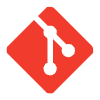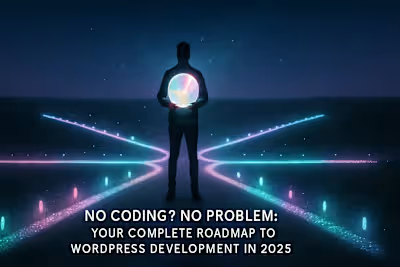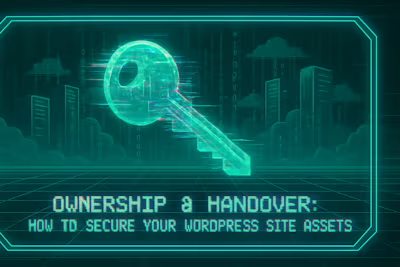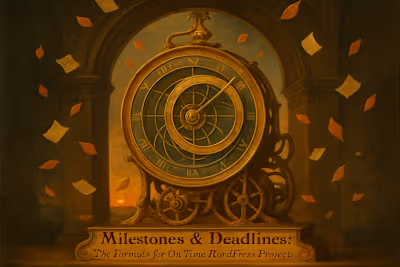The WordPress Career Ladder: From Junior Dev to Agency Owner
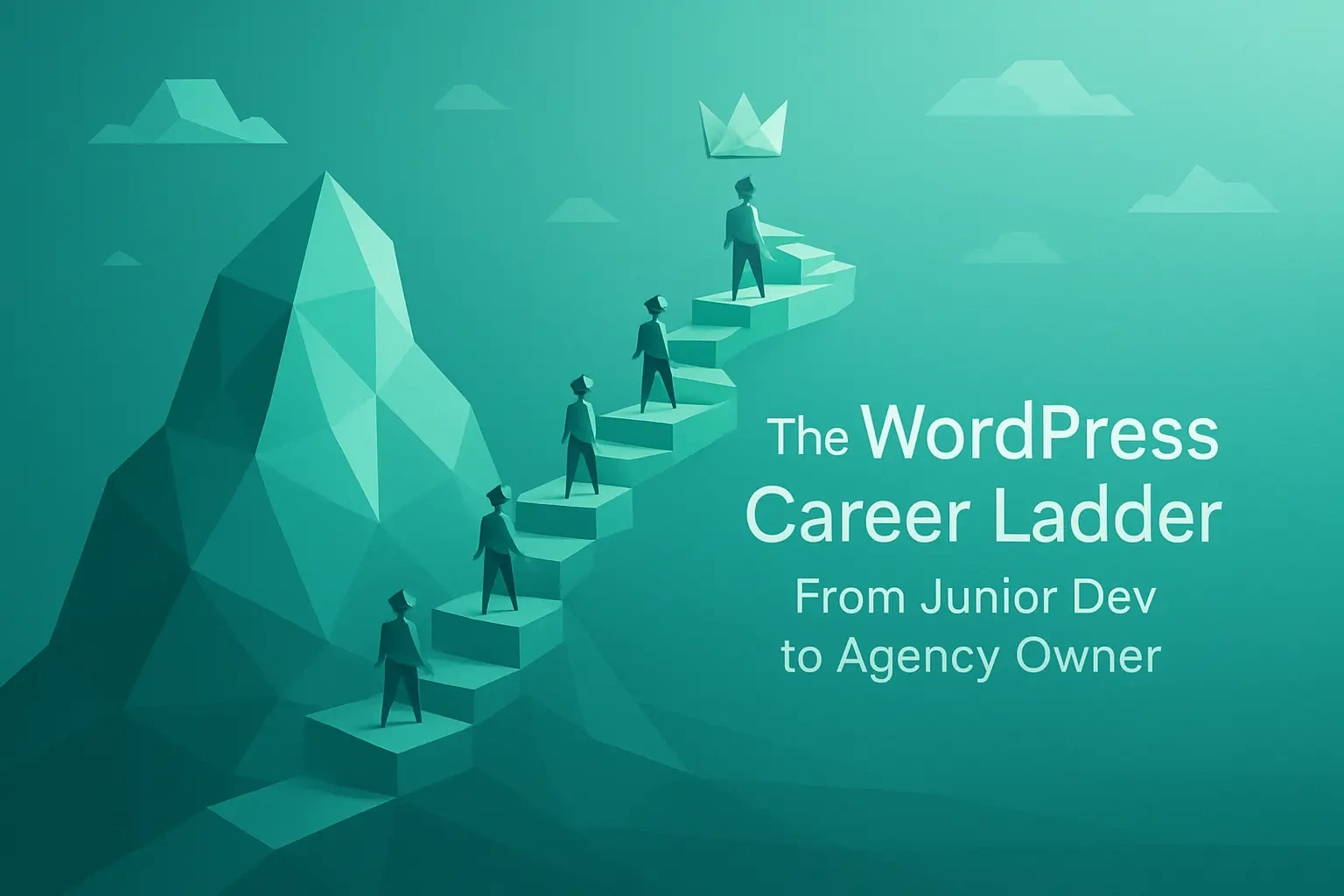
The WordPress Career Ladder: From Junior Dev to Agency Owner
Stage 1: The Junior WordPress Developer (Years 0-2)
Core Skills and Responsibilities
How to Excel and Get Promoted
Stage 2: The Mid-Level WordPress Developer (Years 2-5)
Evolving Skills and Increased Autonomy
Developing Client-Facing Skills
Stage 3: The Senior WordPress Developer (Years 5+)
Mastery of the WordPress Ecosystem
Leadership and Mentorship
Specialization Tracks
The Leap: From Senior Developer to Agency Owner
The Mindset Shift: From Maker to Manager
Defining Your Niche and Services
Building Your Team and Processes
Marketing and Scaling Your Agency
References
The WordPress Career Ladder: From Junior Dev to Agency Owner
Stage 1: The Junior WordPress Developer (Years 0-2)
Core Skills and Responsibilities
How to Excel and Get Promoted
Stage 2: The Mid-Level WordPress Developer (Years 2-5)
Evolving Skills and Increased Autonomy
add_action() versus add_filter(), and you can trace through WordPress core to understand how things actually work. This deeper understanding lets you solve problems elegantly instead of hacking together solutions.Developing Client-Facing Skills
Stage 3: The Senior WordPress Developer (Years 5+)
Mastery of the WordPress Ecosystem
Leadership and Mentorship
Specialization Tracks
The Leap: From Senior Developer to Agency Owner
The Mindset Shift: From Maker to Manager
Defining Your Niche and Services
Building Your Team and Processes
Marketing and Scaling Your Agency
References
Posted Jul 6, 2025
Explore the WordPress developer career path, from entry-level roles to senior positions and the ultimate goal of starting your own successful WordPress agency.



